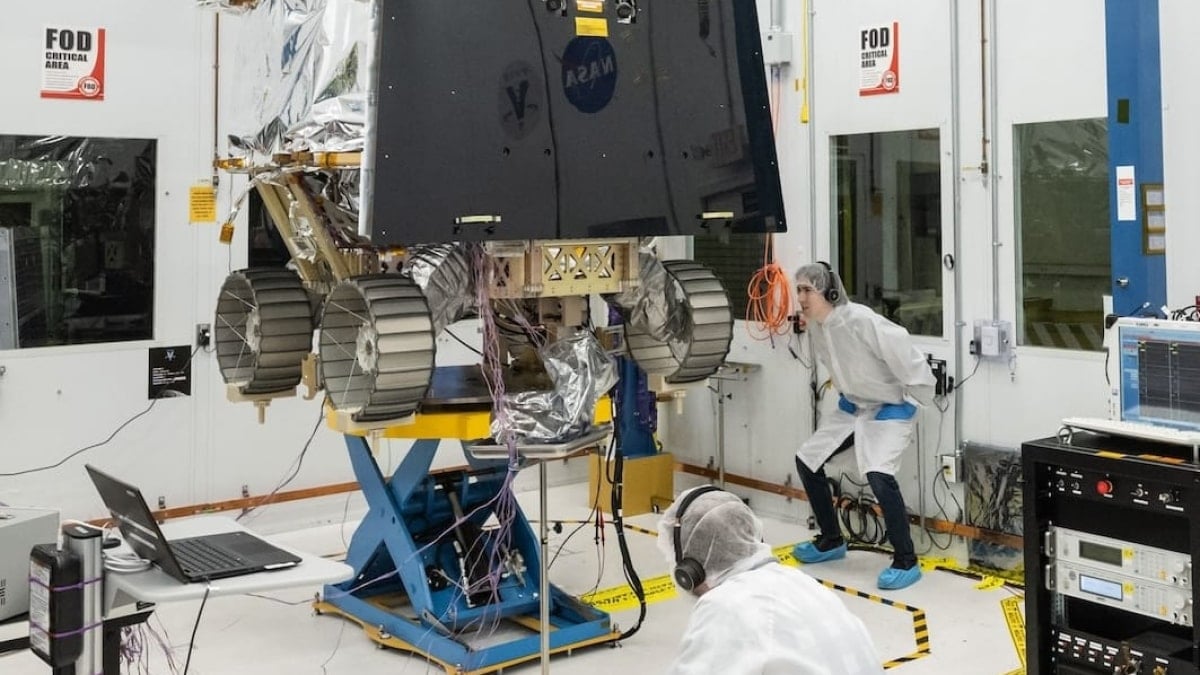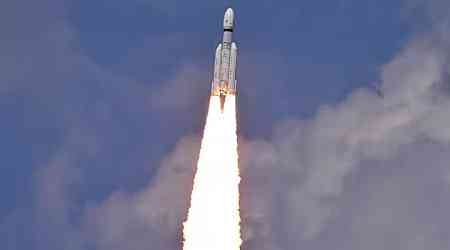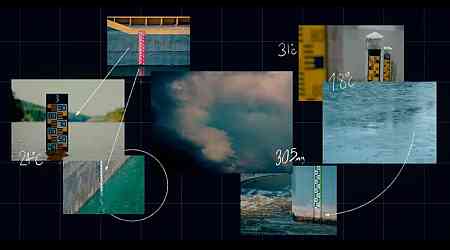China has revealed ambitious plans to build a lunar space station and explore the possibility of habitable planets as part of its long-term space programme. On Tuesday, China's space authorities announced a comprehensive development plan that will run from 2024 to 2050, with the intention of launching a manned lunar mission in the near future. This announcement marks a significant step in China's space exploration efforts, focusing on advancing scientific understanding of the solar system and investigating the potential for extraterrestrial life.
Lunar Space Station and Mission Timeline
According to the China Academy of Sciences (CAS) Vice President, Ding Chibiao, the lunar space station will be constructed in phases, with completion expected between 2028 and 2035. The space station will serve as a vital base for future exploration missions, allowing scientists to conduct research on celestial bodies within the solar system. This initiative follows China's previous successes, including the operation of the Tiangong space station and the Chang'e lunar exploration programme, which has already provided valuable data on the Moon's surface.
Exploration of Celestial Bodies and Habitability
As part of this programme, China's space agencies, including the CAS and the China Manned Space Agency, have identified 17 key research areas. These priorities focus on studying the habitability of celestial bodies in the solar system, searching for exoplanets, and exploring extraterrestrial life. Ding Chibiao emphasised the importance of these investigations, noting that they aim to uncover the physical characteristics of planets and atmospheres that may support life, while also delving into the evolution of the universe itself.
Focus on Cosmic Phenomena
In addition to lunar exploration, China's plan includes broader investigations into the universe's origins, gravitational waves, and cosmic matter. Research will also cover the Sun and the Earth's cyclical systems, allowing for a more detailed understanding of space weather and the dynamic interactions between Earth and the heliosphere. China aims to be at the forefront of space science by 2050, contributing to global knowledge of both our planet and the cosmos.
































